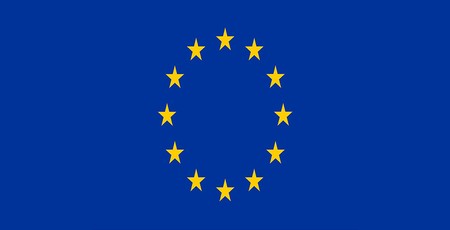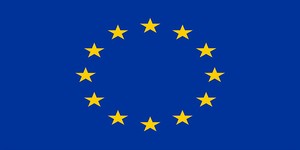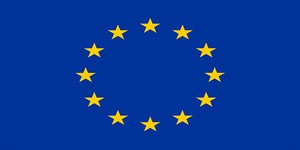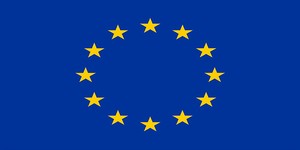Controversial EU copyright reform back up for voting
September 4, 2018 | 12:02
Companies: #electronic-frontier-foundation #european-parliament #european-parliament-committee-on-legal-affairs #european-union #open-rights-group

A controversial proposal to amend European copyright law in a way that critics claim will endanger free use of the Internet and make services like Wikipedia impossible to operate is back on the table, with a vote due to be taken on the matter on September 12th.
Approved by the European Parliament's Committee on Legal Affairs (JURI) back in June, the Digital Single Market (DSM) copyright proposal comes with two Articles which critics claim are downright dangerous: Article 11, which would require any website or publication citing third-party materials, even purely as a link, to adhere to a total of 28 separate copyright laws of EU member nations or pay for a licence to link to said material; while Article 13 calls for any site which accepts uploads of text, sound, program code, still or moving images, or any other work which can be copyrighted to pass said content through an as-yet non-existent automated copyright filter to check for possible infringement.
The Articles have been the subject of considerable campaigning by organisations including the Electronic Frontier Foundation and the Open Rights Group, who claim that they would harm everything from legitimate journalism and services like Wikipedia to effectively banning comedy memes. A vote in July prevented the Articles from being passed, 318 against to 278 for with 31 abstentions, but the same proposals are back for another vote this month - and campaigners are again asking users to communicate their displeasure with the plan.
The next vote on the proposed legislation is scheduled for Wednesday 12th September, and free speech groups have banded together to form the Save Your Internet campaign site in an effort to encourage citizens to contact their Members of European Parliament and convince them of the Articles' folly.
'Online platforms will be required to implement complex and expensive filtering systems and will be held liable for copyright infringement, potentially incurring fines that threaten their economic viability,' the campaign site explains. 'Article 13 would restrict the ability of Internet users to consume content – meaning they won’t be able to find and enjoy diverse kinds of cultural expressions that they have grown accustomed to. The days of communicating through gifs and memes, listening to our favourite remixes online or sharing videos of our friends singing at karaoke might be coming to an end. Ultimately, the internet culture that has emerged in recent years – a culture that enables connections and democratises information – will become bureaucratic and restrictive.'
Those interested in discussing the matter with their MEP can find contact information on the campaign site.

MSI MPG Velox 100R Chassis Review
October 14 2021 | 15:04








Want to comment? Please log in.